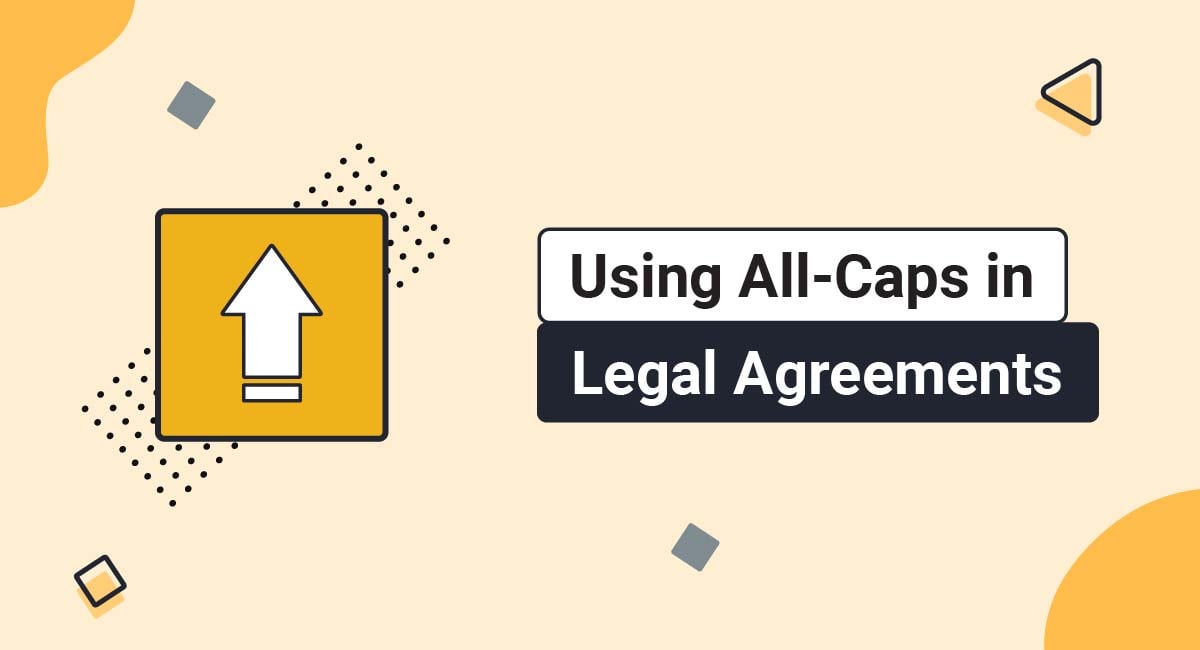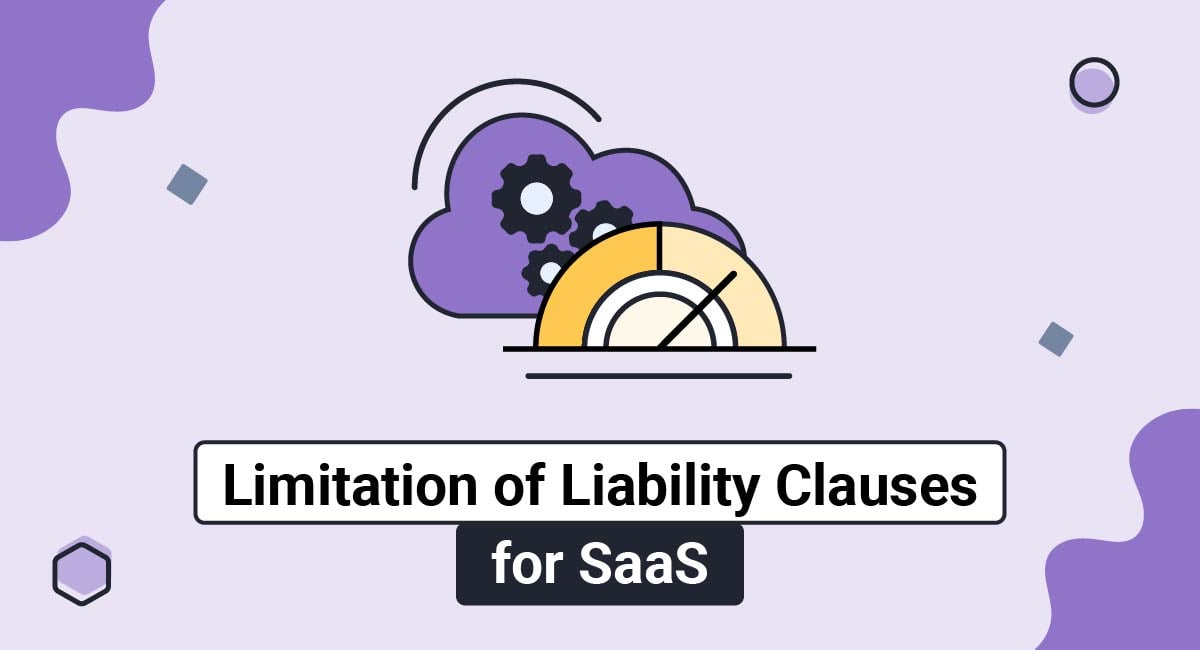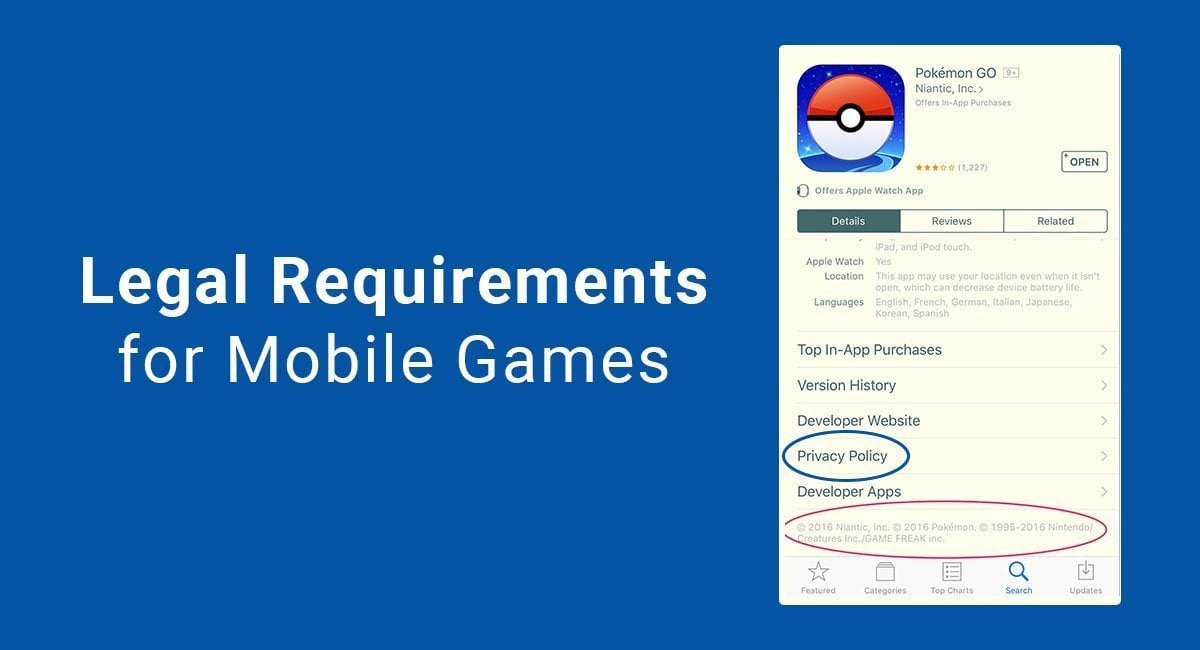Jocelyn Mackie - Page 5
Former civil litigation attorney. Content legal strategist at TermsFeed.
Using All-Caps in Legal Agreements
The use of all capital letters (All-Caps) in legal agreements is a time-honored tradition that extends into the digital age. Once it became accepted as a means to make important contract language conspicuous, it became commonplace and is still heavily used today. This article will show you how to use All-Caps...
Google's Prominent Disclosure Requirement
Google's Prominent Disclosure Requirement became effective as of March 15, 2017. If you do not comply with this requirement, Google may remove your app from the Google Play store. Note that in early 2021, Google added additional "Data Disclosure" requirements, which you can read about in our feature article: Google's "Data...
Google's EU User Consent Policy
Google offers numerous services to help developers and businesses enhance their online presence. For example, AdSense and Analytics make getting exposure much easier by helping you see how users interact with your website and where most of your traffic comes from. However, using these services can raise issues when it comes...
FTC on Free Trials & Samples
Free samples or free trials is an excellent strategy to promote your business. Users like the fact that they can try out your product or your app before committing. While this approach is often effective, it's also vulnerable to intense scrutiny by the Federal Trade Commission (FTC). This article explains what the...
Limitation of Liability Clauses for SaaS
A Limitation of Liability clause helps protect your SaaS business from expensive and time-consuming legal issues. It does this by contractually binding a user to being unable to seek certain damages from you. This article will explain what a Limitation of Liability clause is, why you need one for your SaaS...
Legal Requirements for Mobile Games
If you have a new mobile game to launch, it's essential that you protect your game's intellectual property and add the necessary legal agreements. These early steps protect your business interests and assure that users enjoy game within the rules and limitations you set out for them in the Terms &...





